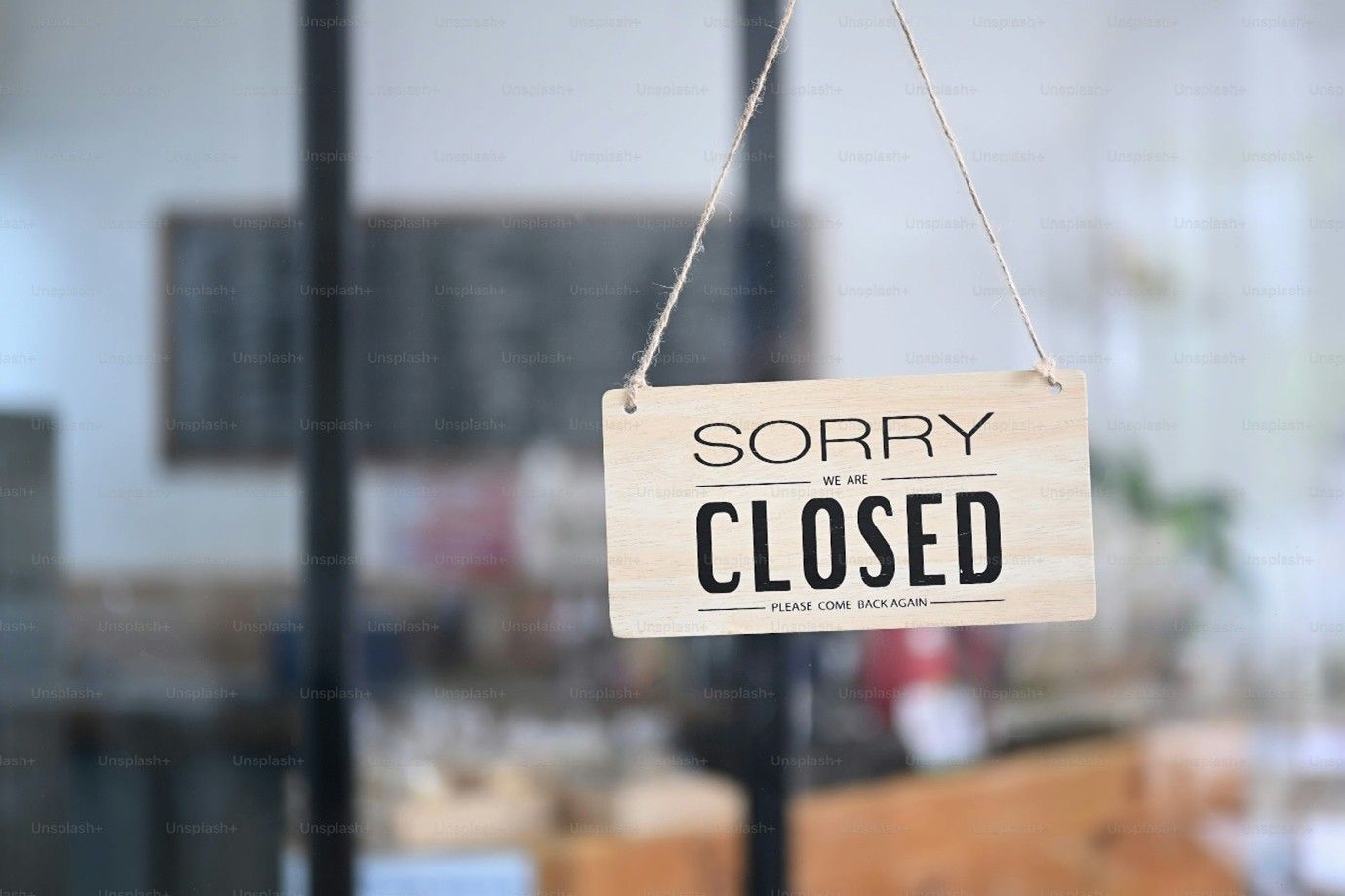The OARBED model for business behaviour
Richard Brewin • April 14, 2020
I should admit from the outset that I don’t know the actual derivation of this model, and Google doesn’t offer much help either, so I can’t rightfully credit anyone, but it is a model often used by business coaches.
I like it because of its simplicity and unarguable logic.
OAR stands for Ownership, Accountability and Responsibility. Each of these is categorised as ‘above the line’ behaviour in the model.
BED stands for Blame, Excuses and Denial, each categorised as ‘below the line’ behaviour by the model.
So many of the challenges that face an accountant as an advisor and an employer fall into grey areas, subjects where there are multiple factors at play and no one single solution. Quite often, this ‘greyness’ becomes an excuse for inaction.
As a mentor and coach I find that deliberately ignoring the grey and, instead, focusing on the black and white, can help to trigger the actions required to fix the ‘grey’.
What do I mean by that?
Well, by focusing on what you know you should and shouldn’t do (the black and the white) we can then create the momentum to fix the challenge (the grey).
This is why I like the OARBED model. We all think below the line at times: blaming elsewhere, making excuses, denying responsibility, and sometimes that can be quite valid. The fact of the matter is though that we don’t actually start fixing things until we move our thinking above the line: Take ownership, make ourselves accountable, and take responsibility.
The test therefore is not whether you think below the line, that’s often the natural place to start, but how quickly you switch your thinking to above the line.
I recommend that you place graphics of OARBED in the working and meeting areas of your office. It can be a very annoying image to have stuck there but try arguing against it.
It’s a great reminder that we can all have a moan or make excuses but that fixes nothing…what really matters is ‘what are you going to do about it!’
Good luck.

In the Accountant/client relationship, “yes” often feels like the default. Yes to urgent requests. Yes to timeline shifts. Yes to “just one more thing” added to the scope. We want to say yes to our clients. We want to support them, be helpful and build more work, but every unqualified additional yes becomes an invisible cost; on your time, your margins, and your wellbeing. Bold accountants think differently. They know that “no” isn’t rejection. It’s honest and professional. It’s a strategic decision that protects quality, strengthens relationships, and reinforces your value.

Let’s be honest, most business owners have a perception of an accountant that probably falls far short of our ambitions. They want someone who helps them make sense of the chaos, plan for growth, and sleep better at night knowing someone’s got their back, but their accountant doesn’t usually spring to mind as this person. What they dream of is a coach, not an accountant, but, weirdly, they often don’t trust coaches but do trust their accountant. Their accountant can be both, so the client gets the trust and the coaching

Artificial Intelligence isn’t the future of accounting — it’s here now. From automating repetitive tasks to delivering deeper insights, AI is transforming the way we work, serve clients, and lead teams. But for firm leaders, success isn’t just about implementing technology; it’s about doing it strategically, responsibly, and humanely . Before diving into the ‘how’ and making piecemeal decisions, accounting firm leaders need to consider the ‘why’…and its not as simple as “because everyone else is”.
